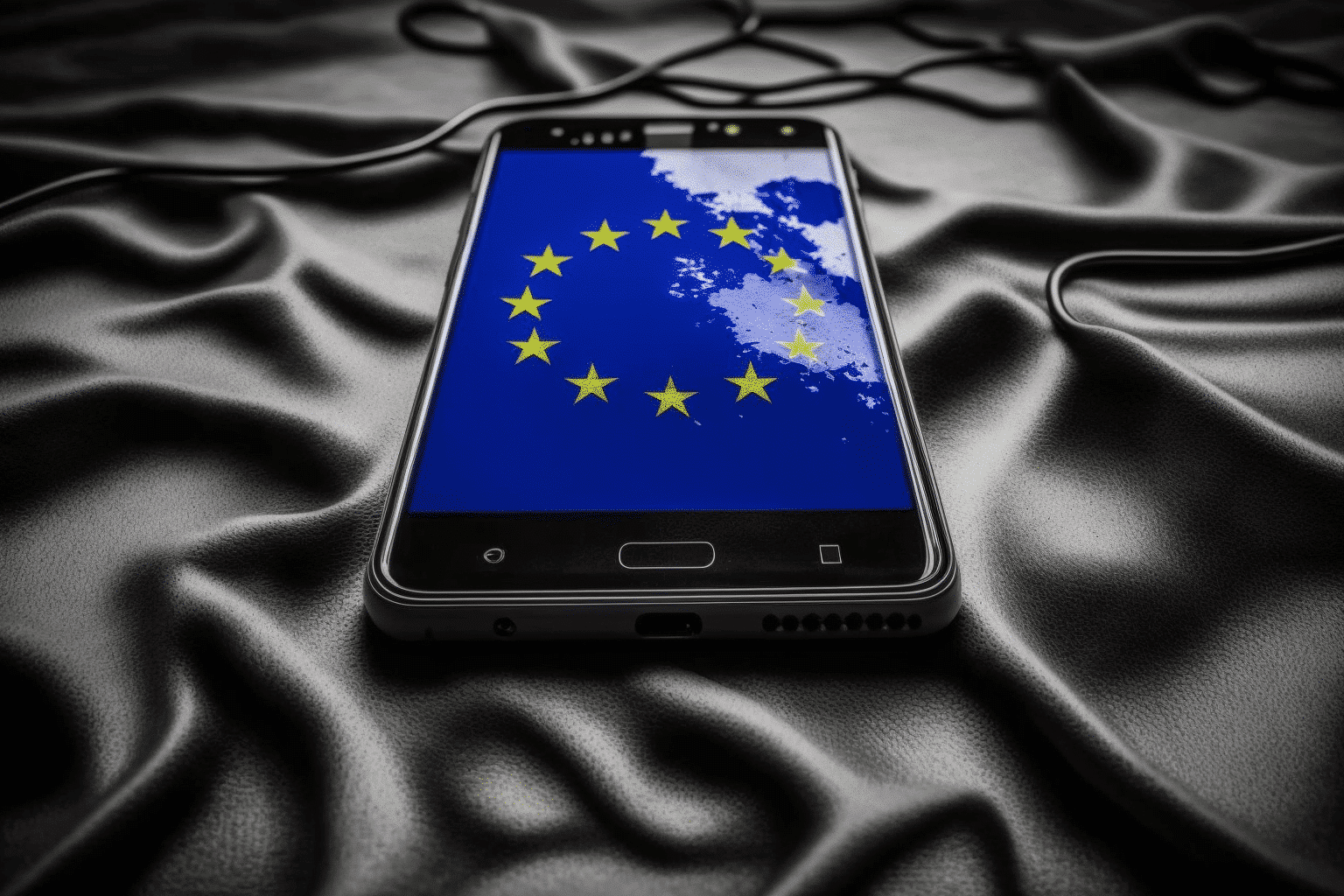The European Union and the UK have announced new regulations that seek to curb the power of digital companies, including social media platforms and search engines. The rules aim to tackle illegal content, disinformation, online scams, and fake reviews, as well as boost digital competition.
EU’s Digital Services Act
Under the EU’s landmark digital rules, the 19 biggest online platforms and search engines, such as Google and Facebook, will have to meet extra obligations for cleaning up illegal content and disinformation. The platforms will have to give European users more control by making it easier to report illegal content and providing more information on why their systems recommend certain content. The regulations are scheduled to take effect on August 25th.
The violations of the new rules could result in fines worth up to 6% of a company’s annual global revenue or a ban on operating in the EU. TikTok and Twitter have agreed to a “stress test” to ensure they comply with the Digital Services Act.
UK’s Digital Markets, Competition and Consumers Bill
At the same time, the UK administration has revealed its preliminary proposal for safeguarding customers against online frauds and fabricated reviews, and enhancing digital competition.
The Digital Markets, Competition and Consumers bill would give watchdogs more power to counter the dominance of tech companies and impose fines worth up to 10% of their annual revenue.
The new rules would apply only to companies with 25 million pounds ($31 billion) in global revenue or 1 billion pounds in UK revenue. The UK government has said that the bill will introduce a new pro-competition regime to tackle market concentration, which it says is stifling innovation and reducing consumer choice.
Implications for Digital Companies
The new rules have significant implications for digital companies operating in the EU and the UK. Some tech companies, such as Google and Facebook, have faced criticism for not doing enough to tackle illegal content and disinformation on their platforms. The new rules could also impact their business models, as they will have to provide more transparency on how they recommend content and give users more control over their data.
Some industry experts have welcomed the new regulations, saying they will help to level the playing field for smaller companies and promote competition. However, others have warned that the rules could stifle innovation and harm the growth of digital companies.
The EU and the UK’s new rules mark a significant shift in how digital companies are regulated. The rules aim to address issues such as illegal content, disinformation, online scams, and market concentration, which have been a concern for policymakers and the public alike. While the rules will provide more protection for consumers and users, they could also impact the business models of digital companies and stifle innovation. The tech industry will be watching closely as the new regulations come into effect.




